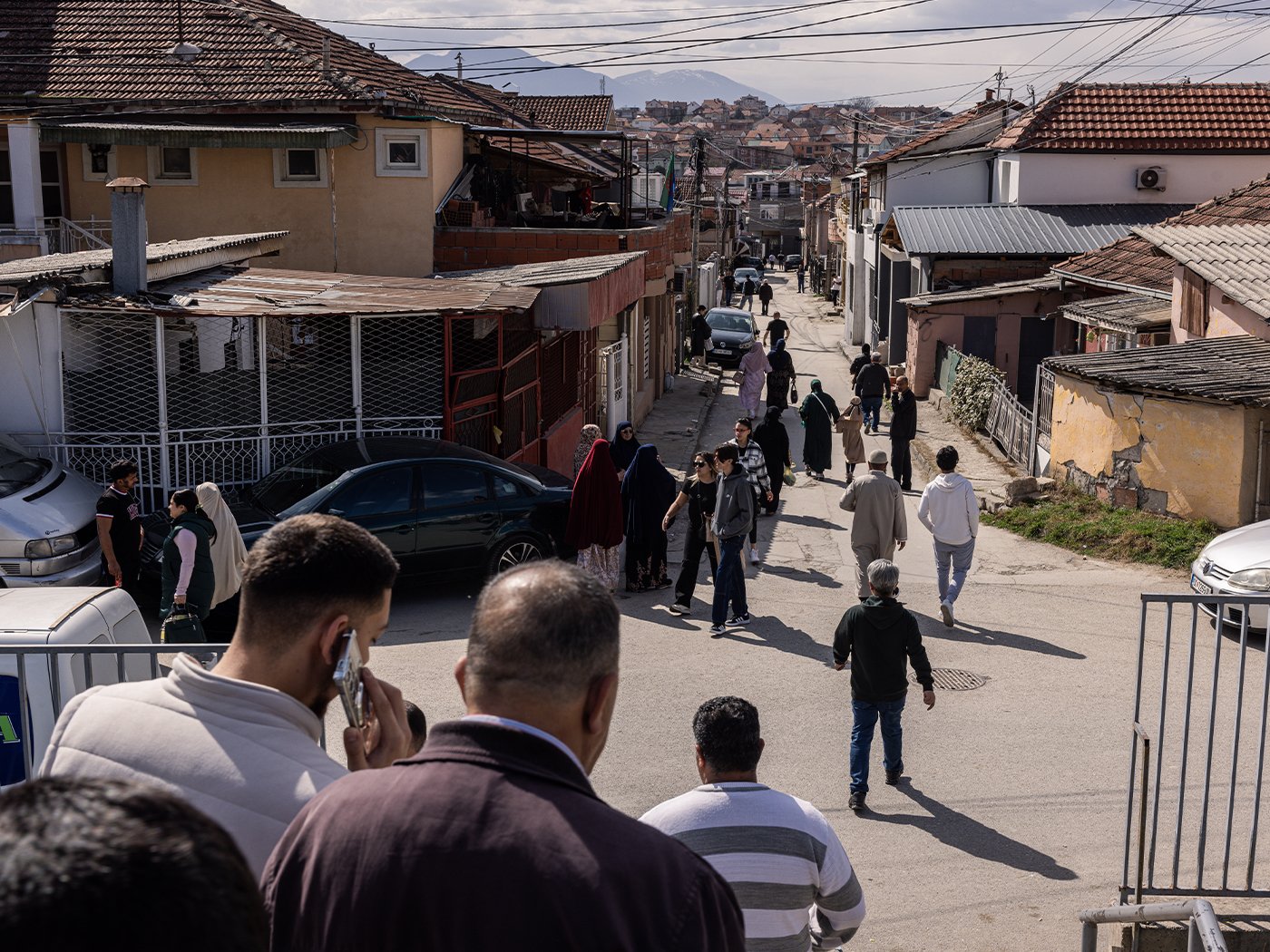The EU must hold potential member states accountable if they fail in their commitments to their most vulnerable and excluded citizens, according to this report.
The countries of the Western Balkans—Albania, Bosnia and Herzegovina, Croatia, Kosovo, Macedonia, Montenegro and Serbia—all aspire to membership in the European Union and have the status of "candidate country" or "potential candidate country" in the EU accession process. The process has opened opportunities for the EU and governments to address the situation of Roma, the region's most disadvantaged ethnic group.
The European Union should increase funding and monitor its impact on Roma inclusion, and increase opportunities for Roma to participate in the policy process. The EU also must hold prospective member states to account if they fail in their commitments and obligations to their most vulnerable, deprived and excluded citizens. These are the broad conclusions of Pathways to Progress? The European Union and Roma Inclusion in the Western Balkans, a report commissioned by the Open Society Roma Initiatives.
Pathways to Progress? analyzes the approaches to Roma inclusion of the European Union and the Western Balkans countries, and provides an overview of Roma political representation and participation by Roma in policymaking. The report concludes with recommendations regarding policy development, reporting and measuring progress, and participation by Roma in the design, implementation, monitoring and evaluation of initiatives that target Roma populations.
This report was originally published on opensocietyfoundations.org.

Zeljko Jovanovic
President
The latest

Europe’s Growth Depends on Roma Talent

Roma Exclusion Is a Security Blind Spot at Munich, Warns Roma Foundation for Europe

North Macedonia’s Week of Chaos—And the One Crisis the Government Chose to Put on TV
Browse by category
Campaigns
Events
Facts
Press
Voices
For media inquiries:
[email protected]Sign up here so you don’t miss out on campaign updates, upcoming events and other news from the Roma Foundation for Europe and our network.
Sign up for our newsletter